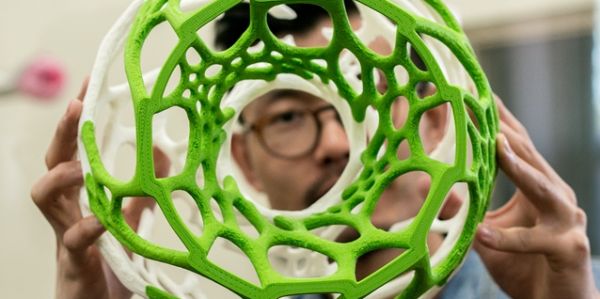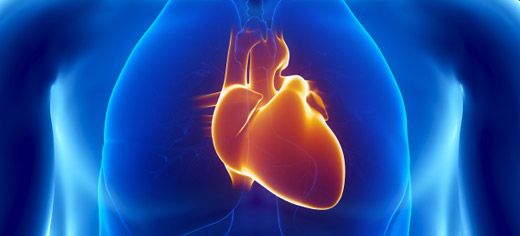
Vision for better living through robotics
Robots rarely get a good press. They’re either turning rogue, trying to control the human race as in The Matrix, or wreaking a path of destruction to kill the hero in Will Smith’s I, Robot.

Robots rarely get a good press. They’re either turning rogue, trying to control the human race as in The Matrix, or wreaking a path of destruction to kill the hero in Will Smith’s I, Robot.

Statement from Vice-Chancellor, Sir Alan Langlands

Having diabetes increases the risk of dying from the effects of a heart attack by around 50 per cent, a University of Leeds study has found.

The itchy swelling that appears at the site of a mosquito bite isn't just an irritating nuisance - it also makes viral infections spread by the insects far worse, new research has found.
A research team has discovered that a cell's protective layer acts like a turnstile, allowing proteins to be exported while preventing them from moving back in.

Hometown heroes Alistair and Jonny Brownlee commanded the World Triathlon Series in Leeds this weekend, following the news that Leeds-based athletes dominate this summer’s Rio Olympics squad.

The Yorkshire Year of the Textile programme is a year-long artistic programme.

The minister for industry has visited the University of Leeds this week to learn how developing terahertz frequency technology has made the Faculty of Engineering one of the leading centres in Europe.

Research at the University of Leeds has identified a key gene that assisted the transition of plants from water to the land around 500 million years ago.
Vice-Chancellor statement: initial response to the HE White Paper